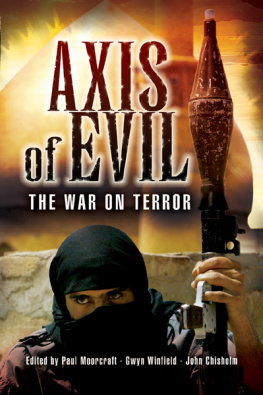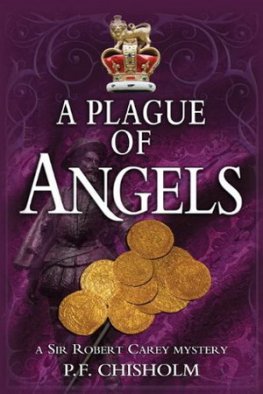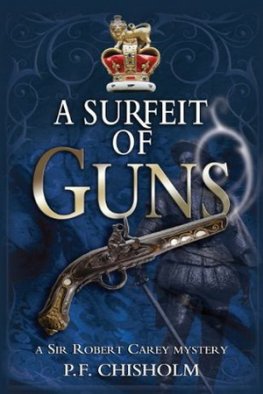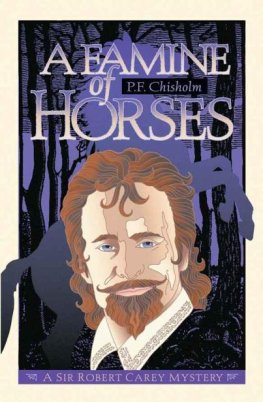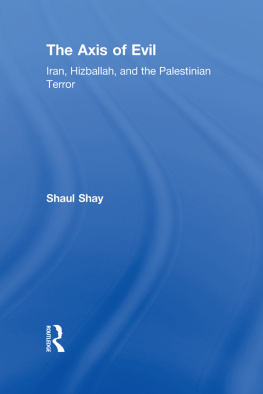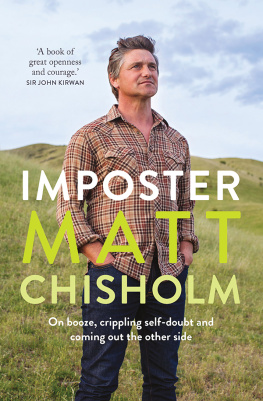First published in Great Britain in 2005 by
Pen & Sword Military
an imprint of
Pen & Sword Books Ltd
47 Church Street
Barnsley
South Yorkshire
S70 2AS
Copyright Defence International 2005
ISBN 1 84415 262 6
PRINT ISBN: 9781844152629
PDF ISBN: 9781783033102
EPUB ISBN: 9781783033126
PRC ISBN: 9781783033119
The right of Defence International to be identified as Authors of this Work
has been asserted by them in accordance with the
Copyright, Designs and Patents Act 1988.
A CIP catalogue record for this book is
available from the British Library
All rights reserved. No part of this book may be reproduced or transmitted in
any form or by any means, electronic or mechanical including photocopying,
recording or by any information storage and retrieval system, without
permission from the Publisher in writing.
Typeset in Sabon and Gill Sans by
Phoenix Typesetting, Auldgirth, Dumfriesshire
Printed and bound in England by
CPI, UK
Pen & Sword Books Ltd incorporates the imprints of Pen & Sword Aviation,
Pen & Sword Maritime, Pen & Sword Military, Wharncliffe Local History,
Pen & Sword Select, Pen & Sword Military Classics and Leo Cooper.
For a complete list of Pen & Sword titles please contact
PEN & SWORD BOOKS LIMITED
47 Church Street, Barnsley, South Yorkshire, S70 2AS, England
E-mail:
Website: www.pen-and-sword.co.uk
About the Editors
Dr Paul Moorcraft is a former senior instructor at the Royal Military Academy, Sandhurst, and the Joint Services Command and Staff College, UK. He worked in the Defence Procurement Agency and in communications in the Main Building, Ministry of Defence. He also spent nearly twenty-five years working in thirty war zones, often with irregular forces. He has taught at ten major universities, including a distinguished visiting professorship in the US, and is the author of a range of books on military history, crime and international relations as well as being an award-winning novelist. He returned to work in the MOD (Whitehall and Iraq) during Operation Telic in 2003. Until October 2004 he was the editor of the Defence Division of Surrey House Corporate Communication. He is now the director of the Centre for Foreign Policy Analysis in London.
Gwyn Winfield was the publisher of Defence Review for four years. He is now the publisher of the Defence Division of Surrey House. He has expertise in land forces, armoured fighting vehicles and main battle tanks, with a special knowledge of NBC issues. His interest in NBC has led to detailed investigations and interviews with the leading policy makers and technologists in the UK, France, Germany and the US. Gwyn Winfield is one of the leading NBC commentators in the UK. Recently he covered events in Kosovo, Macedonia, Oman and Afghanistan. He is a regular speaker at NBC conferences and recently presented a BBC television documentary on the subject.
John Chisholm is an authority on naval warfare and extreme weather operations. He is the chief reporter of Defence International and Resilience magazines.
Introduction
New wars, old conflicts? Paul Moorcraft
Avalanches of books have been written about the conflicts that followed from al-Qaedas strategically bold attack on 9/11. But none contains so many differing views from so many senior politicians, military commanders, academics and journalists who were closely involved in the events that this book covers from the Wests retaliation against the Taliban in Afghanistan to the chaos of post-Saddam Iraq.
The implicit theme of the book is whether the causes of and the course of these conflicts are exacerbating the rift between Islam and the West Samuel Huntingtons so-called clash of civilizations. The professors theory could indeed become a self-fulfilling prophesy, unless compromises are reached, especially in the Arab-Israeli conflict. Otherwise, the current war on terror could endure as long as the Cold War. Like the former Soviet-American saga, the current global antagonism is being dragged into an ever-accelerating cycle of action and reaction.
The West is often perceived as trying to impose its systems on a hostile Islamic world, while sacrificing some of its own civil liberties at home, and imposing death, Abu Ghraibs and cultural and economic imperialism in the regions it penetrates. Though few can persuasively compare the freedoms of American citizens with those of Saddams dictatorship or North Koreas eccentric Stalinism, a dangerous blurring of ends and means is evident. President George Bushs Manichean division of for us or against us ignores the fact that many Muslims are convinced that contemporary Anglo-American policy is evil; that its preemptive strategic option based on dodgy dossiers and incorrect intelligence on weapons of mass destruction is part of a crusade against Islam, not Islamic terrorists. Bush cries freedom, but to many outside America his methods are morally equivalent to those states said to be members of the Axis of Evil.
Such political themes are implicit, however. Although a wide range of opinion is considered, this book is explicitly concerned with the practical political issues of why the West went to war and how these wars are being fought. The term Axis of Evil includes, according to the US demonology, North Korea and Iran. This book concentrates, however, on the political and military campaigns in Afghanistan and Iraq, though there are chapters on related conflicts in Israel/Palestine and Sudan.
The narrative of the book raises the following major questions:
1. The topic endlessly debated in military staff colleges: what is the Clausewitzian end state of any military campaign? What were the precise end states of attacking Afghanistan and Iraq? Regime change alone cannot justify a long war against stateless enemies fighting asymmetric war. What precisely must be achieved in Iraq or Afghanistan beyond some vague and perhaps impossible notions of democracy before foreign troops can be withdrawn?
2. Is this a war on a culture or a method? After all, terrorism is simply a means, not an ideology, as in the Cold War.
3. Therefore how can you defeat a method which goes back millennia?
4. Can this war ever be won? Even if it can, will victory however defined take longer than the Cold War?
5. Is this a single war, or is it a series of separate conflicts? Is the Arab-Israeli struggle central or peripheral to, say, the war on Osama bin Laden, no matter how much the Saudi warlord says they are related?
6. This book describes in some detail the military campaigns, but all successful counter-terrorism is based upon long-term social engineering political, economic and social change. In this context, can Islamic discontent be seen as a crisis of modernization, not faith?
Many of the books sections are based upon interviews by the three editors: Paul Moorcraft, Gwyn Winfield and John Chisholm, who have worked extensively in the conflict zones, especially Afghanistan and Iraq. Some of the essays and interviews are based upon the work done for two magazines, Defence International and Resilience, which the editors produced. Other interviews and essays have been commissioned especially for this book. Although Axis of Evil spans three years September 2001 to September 2004 the original words of the key participants, whether senior politicians or military commanders, have been left in their historical context. The date of each interview is noted, and occasionally additions to update the record, where necessary, have been included.


